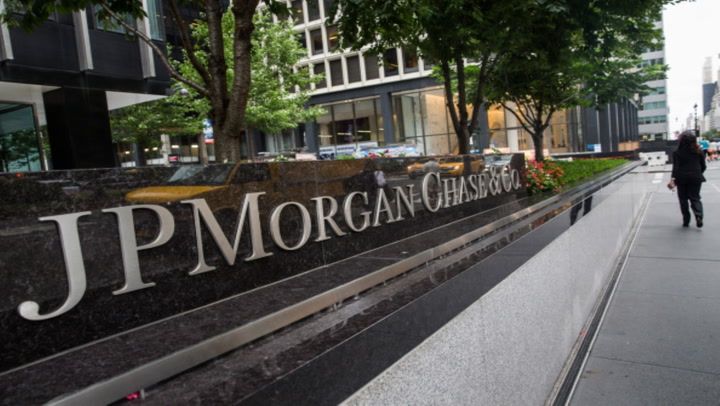
Has 'Chokepoint 3.0' Emerged? a16z Sounds Alarm on Anti-Crypto Banking Strategies
Major banks are allegedly complicating and increasing costs for customers using fintech and cryptocurrency applications, raising concerns about competition, as stated by representatives from Andreessen Horowitz.
What You Should Be Aware Of:
- Major banks are allegedly making it difficult and costlier for users to engage with fintech and crypto platforms by imposing hefty fees on data access and transactions, potentially described as Operation Chokepoint 3.0.
- This tactic is seen as a way to diminish competition by raising costs for users who want to transfer funds to alternative platforms, as stated by Alex Rampell, a general partner at Andreessen Horowitz.
- Both Rampell and Tyler Winklevoss, co-founder of Gemini, have criticized these banking practices.
Rampell’s Commentary: “Under the Biden administration, Chokepoint 2.0 tried to hinder the crypto sector. Now banks seem to be establishing their own Chokepoint 3.0 — charging exorbitant fees for accessing data or transferring money to crypto services and improperly blocking apps they oppose.”
A Look at Current Allegations: JPMorgan Chase is pointed out as a primary example of these practices. U.S. laws should allow consumers to access their financial data easily, but banks are creating barriers that negatively impact these rights, often by charging for basic account information.
Rampell highlights that if moving $100 into a crypto account suddenly costs $10, fewer users may engage in that transfer, thereby stifling competition. Winklevoss shares similar sentiments, arguing these tactics could lead to the demise of fintech platforms.
The ongoing dilemma is whether the Trump administration will take steps to halt these practices from becoming a norm in banking.


